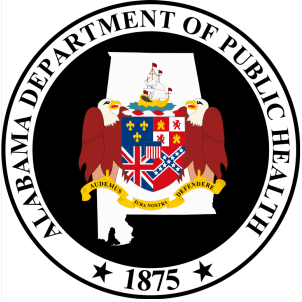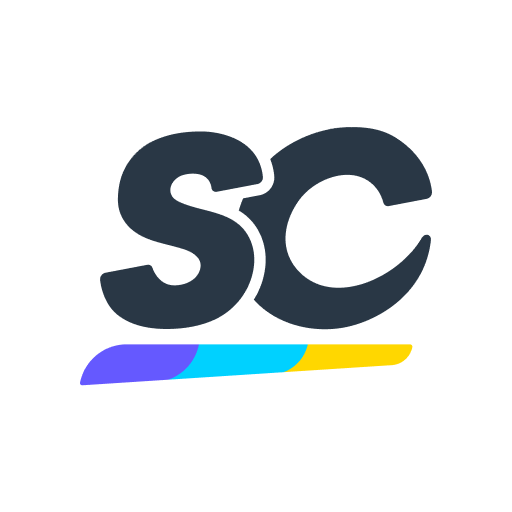Title Page
-
Conducted on
-
Prepared by
-
Location
Hand Hygiene
-
Hand washing is the preferred method of hand hygiene and should be done as frequently as possible, but always after eating, smoking and using the restroom, before and after providing services to clients, and after removing any type of personal protective equipment.
-
Hand sanitizer should be made available for all clients. Clients should be required to wash hands or use hand sanitizer prior to a nail service.
Personal Protective Equipment (PPE)
-
Smocks. Service providers should wear a clean smock for each client. Smocks should be laundered on a daily basis following the fabric recommendations. Smocks should be changed before leaving the shop or salon each day. Service providers may consider using disposable gowns and dispose of the gown, after use, in a closed container.
-
Capes. Each client should be draped with a clean cape for hair or barber services. Service providers must use clean, protective neck strips around the neck of each client. Capes should be laundered following the fabric recommendations between each client, or service providers may consider using disposable capes and dispose of the cape after it is used.
-
Drape materials. Clean or disposable draping materials should be used for each client. Drapes should be laundered following the fabric recommendations between each client or service providers may consider using disposable drapes and dispose of the drape after it is used.
Customer Interactions
-
The following recommendations reduce the number of individuals in a business at a single time and limit interactions that could be of risk:
-
Appointments. All services should be scheduled and scheduled with adequate time in between appointments to properly clean and disinfect. Employers should allow employees to have enough time to allow for proper disinfection. Clients should be asked to wait outside or in their cars until they are called for their appointment. Appointments should be staggered to avoid multiple people in the waiting areas.
-
Cashless payment systems are preferred. If Point of Sale (POS) equipment is used and a patron must sign or enter a PIN, the equipment must be disinfected after each use. If the exchange of cash is unavoidable, service providers must wash hands after each transaction.
-
Thermometers. The use of thermometers for temperature scanning is recommended for service providers and clients. Any service provider or client with a temperature at or above 100.4° should be sent home or services rescheduled. Employers should consider implementing flexible leave policies and supportive policies for employees. Employers should consider the needs of employees older than 65 years or other vulnerable or at-risk populations.
-
Signage. Signage should be posted that says services will not be offered to or given by anyone who is sick or exhibiting signs of illness.
-
Ask. Clients should be asked prior to a service if they have been sick or exposed to someone who is sick. If so, services should be deferred for 10-14 days.
Social Distancing
-
The following social-distancing measures should be instituted to reduce risk:
-
Service chairs and tables should be spaced to allow 6 feet between clients or persons accompanying a client and a person from another household.
-
Break rooms should be temporarily closed for congregating.
Disinfection
-
Administrative rules and regulations promulgated by the state licensing boards of close personal services providers require the cleaning and disinfection of non-porous implements prior to use and the disposal of porous implements after a single use. These practices should be vigorously adhered to and the following procedures should be added:
-
Frequent disinfection should be performed of often-touched areas such as:<br>o Door handles on the main entrance and restrooms<br>o Items in restrooms, including lavatory handles<br>o Reception desk and Point of Sale equipment<br>o Stations (including foot/nail drying stations)<br>o Displays
-
Operators should consider barrier methods on client chairs and tables, such as disposable paper drapes or towels that can be laundered after each client.
Items to be Temporarily Disallowed
-
Some oncecommonplace items should be removed or moved:
-
Coffee or water stations should be removed or moved to an area where hands can be washed before and after use.
-
Magazines/books/newspapers or other publications should be discarded.
-
Candy dishes should be removed.
-
Product testers/samples should be removed.
-
Online scheduling of appointments should be considered to replace the use of appointment cards.
Sign Off
-
Name and Signature
















